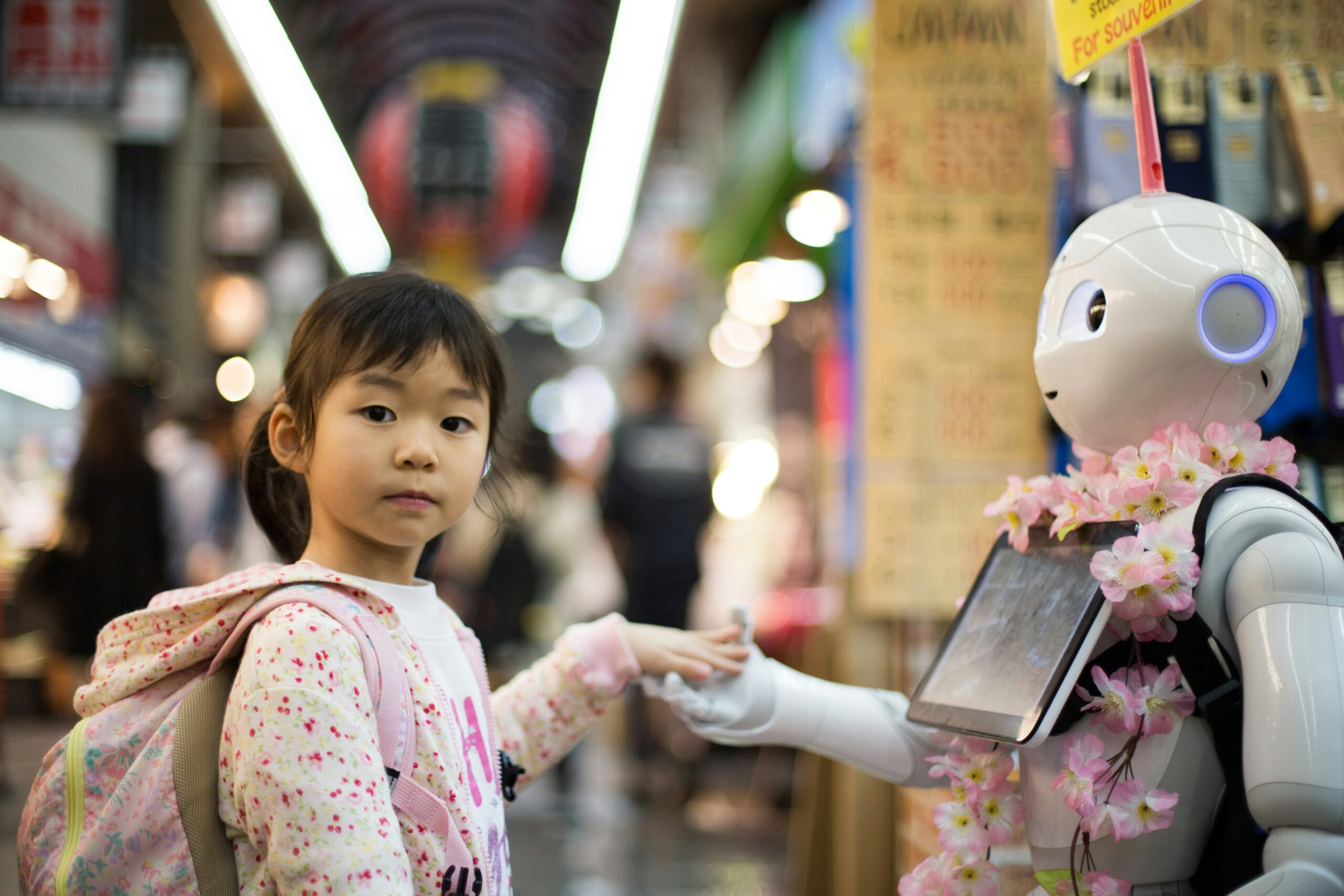The advent of robots and artificial intelligence (AI) has undeniably transformed the way we live and work. While proponents argue that automation will lead to the creation of new jobs, recent events in big tech companies paint a different picture. Layoffs and terminations in these industry giants have sparked concerns about the impact of automation on employment.
The Absurdity of the Job Creation Argument
One of the common arguments in favor of automation is the idea that it will create more jobs than it eliminates. However, this argument seems increasingly absurd in the face of recent layoffs in big tech companies. Companies that are at the forefront of technological innovation are, ironically, contributing to job losses.
Take, for example, the recent layoffs at XYZ Tech, a leading player in the artificial intelligence sector. Despite their cutting-edge technologies and promises of efficiency, the company laid off a significant portion of its workforce. This event serves as a stark reminder that the rise of automation does not necessarily equate to job creation.
Layoffs in Big Tech: A Growing Trend
The trend of job losses in big tech companies is not isolated to a single incident. Numerous industry giants have implemented large-scale layoffs as they invest heavily in automation. In many cases, the very companies championing technological progress are the ones terminating human jobs.
Google, known for its expansive reach in AI and machine learning, recently underwent a significant round of layoffs in its AI research division. The company cited restructuring and realignment of priorities, but the underlying message was clear – even the pioneers of AI are not immune to the impact of automation on employment.
Similarly, Amazon, a global e-commerce giant, has faced criticism for the working conditions in its fulfillment centers, where robots play a significant role. While the company claims that automation enhances efficiency, reports of human workers being replaced by machines in various tasks cast doubt on the notion of job creation.
Job Termination vs. Job Creation
The promise of job creation through automation often hinges on the assumption that new roles will emerge to replace those made redundant by machines. However, the reality is more complex. Many of the jobs being eliminated are not easily replaced by new opportunities, leaving a growing number of workers unemployed and facing the challenges of reskilling.
Moreover, the skills required for the jobs created by automation are not always a seamless match for those rendered obsolete. The gap between the skills needed for emerging roles and the skills possessed by displaced workers adds to the challenge of reintegration into the job market.
While robots and AI have undoubtedly brought about technological advancements, the argument that they will create more jobs than they eliminate appears increasingly implausible. Recent layoffs in big tech companies, the very entities driving technological progress, highlight the disconnect between the promise of job creation and the harsh reality of job terminations.
Elon Musk, the visionary entrepreneur and CEO of Tesla and SpaceX, has expressed deep concerns about the potential risks associated with artificial intelligence (AI). One of his notable quotes on the subject reflects his apprehension about the uncontrolled development of AI:
“I am really quite close, I am very close, to the cutting edge in AI, and it scares the hell out of me. It’s capable of vastly more than almost anyone knows, and the rate of improvement is exponential.”
– ELON MUSK
As we navigate the future of work in the age of automation, it is crucial to acknowledge the potential consequences for the workforce. Policymakers, industry leaders, and society at large must work together to address the challenges posed by automation and ensure that the benefits of technological progress are shared equitably, rather than concentrating wealth and opportunities in the hands of a few.
Photo Credit: Andy Kelly on Unsplash

